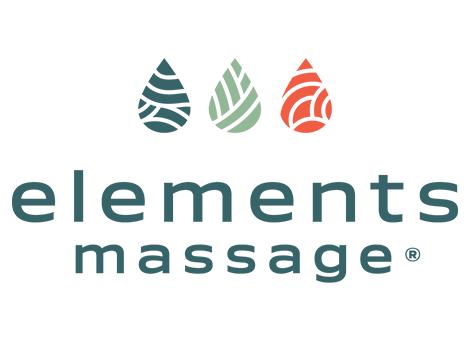Mental stress is a common experience in modern society, characterized by feelings of tension, emotional strain, or pressure. It can have significant negative effects on both psychological well-being and physical health, contributing to the development of chronic diseases, mental health disorders, and reduced quality of life. Massage therapy, a holistic approach to health and wellness, has been increasingly recognized for its effectiveness in reducing mental stress by promoting relaxation and alleviating the physiological manifestations of stress.
Mechanisms Through Which Massage Therapy Alleviates Mental Stress
-
Activation of the Parasympathetic Nervous System: One of the primary ways massage therapy reduces mental stress is by stimulating the parasympathetic nervous system (PNS), the branch of the autonomic nervous system responsible for "rest and digest" activities. Activation of the PNS leads to a decrease in heart rate, lower blood pressure, and slower breathing rates, which are conducive to relaxation and stress reduction (Field, 2010).
-
Reduction of Cortisol Levels: Massage therapy has been shown to decrease levels of cortisol, a hormone that is released in response to stress. High cortisol levels are associated with many of the negative health effects of chronic stress. By lowering cortisol, massage can help mitigate these effects and promote a sense of calm (Field, 2014).
-
Increase in Serotonin and Dopamine: Massage therapy can increase levels of serotonin and dopamine, neurotransmitters that play key roles in mood regulation. Higher levels of these neurotransmitters can help alleviate feelings of stress and depression, contributing to emotional well-being (Field, 2010).
-
Enhancement of Mind-Body Connection: Massage therapy promotes an enhanced sense of bodily awareness, helping individuals become more attuned to their physical states. This heightened mind-body connection can improve one's ability to recognize and manage stressors, thereby reducing overall mental stress (Field, 2016).
Scientific Evidence on Massage and Stress Reduction
Several studies have underscored the effectiveness of massage therapy in reducing mental stress. For instance, a study by Rapaport et al. (2010) found that participants receiving Swedish massage experienced significant decreases in levels of cortisol and increases in lymphocytes, indicating reduced stress and an enhanced immune response.
Research by Moraska et al. (2008) demonstrated that massage therapy led to a reduction in self-reported anxiety and stress among participants, further highlighting massage's role in stress management.
Conclusion
Massage therapy offers a viable, non-pharmacological approach to reducing mental stress, with benefits extending beyond temporary relaxation to include long-term improvements in emotional and physiological well-being. By activating the parasympathetic nervous system, lowering cortisol levels, increasing serotonin and dopamine, and enhancing the mind-body connection, massage therapy can play a crucial role in comprehensive stress management strategies. As awareness of the importance of mental health continues to grow, massage therapy is likely to become an increasingly popular option for individuals seeking to manage stress and improve their overall quality of life.
References
- Field, T. (2010). Touch for socioemotional and physical well-being: A review. Developmental Review, 30(4), 367-383.
- Field, T. (2014). Massage therapy research review. Complementary Therapies in Clinical Practice, 20(4), 224-229.
- Field, T. (2016). Massage therapy research review. Complementary Therapies in Clinical Practice, 24, 19-31.
- Moraska, A., Pollini, R. A., Boulanger, K., Brooks, M. Z., & Teitlebaum, L. (2008). Physiological adjustments to stress measures following massage therapy: a review of the literature. Evidence-Based Complementary and Alternative Medicine, 7(4), 409-418.
- Rapaport, M. H., Schettler, P., & Bresee, C. (2010). A preliminary study of the effects of a single session of Swedish massage on hypothalamic–pituitary–adrenal and immune function in normal individuals. The Journal of Alternative and Complementary Medicine, 16(10), 1079-1088.

